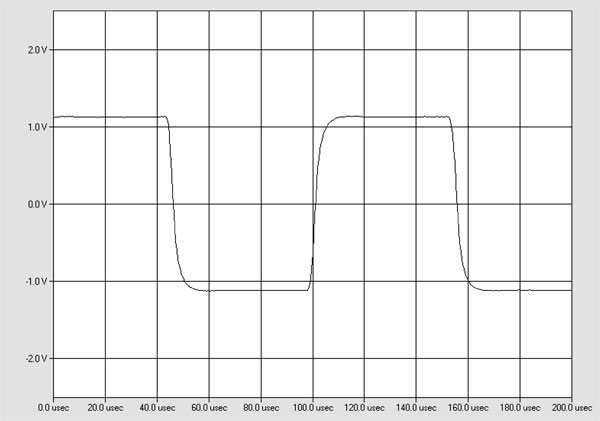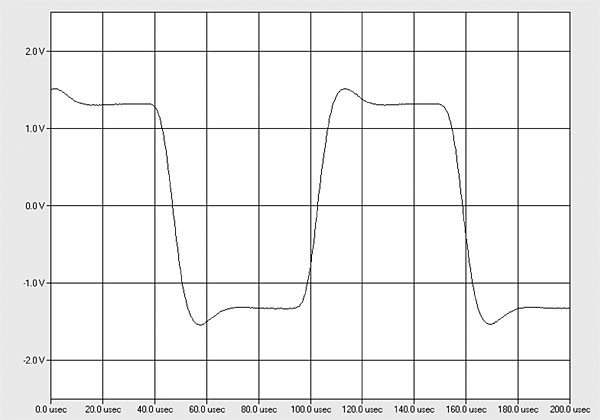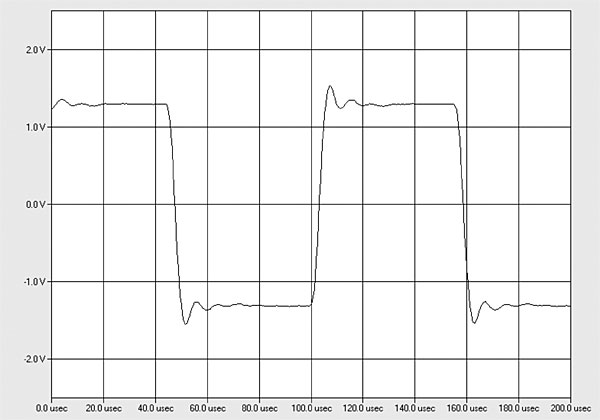i know this has been beat to death but i just need a lil more clarification, please.
if all amps working right sound the same, why are there so many different brands/types? rhetorically, i understand capitalism.
and why would i pay $5000 for one if the $500 one will sound the same?
i own 3 audiosource amps and a recently purchased adcom.
ive heard the gfa 5500 sounds as close to tube sound as you can get due to the mosfets in system.
its nice but i kept feeling something was missing. not as dynamic. too smooth? iono.
now, i did not dbx, but i feel like there IS a difference between them.
i felt the adcom lacked some ass end compared to the audiosources. the midbass was more lively but thats about it.
i felt like there was some slam missing on drum hits and low bass runs.
my expectation bias was that i'd be wowed since supposedly its a "better"amp than the audiosources.
if all amps working right sound the same, why are there so many different brands/types? rhetorically, i understand capitalism.
and why would i pay $5000 for one if the $500 one will sound the same?
i own 3 audiosource amps and a recently purchased adcom.
ive heard the gfa 5500 sounds as close to tube sound as you can get due to the mosfets in system.
its nice but i kept feeling something was missing. not as dynamic. too smooth? iono.
now, i did not dbx, but i feel like there IS a difference between them.
i felt the adcom lacked some ass end compared to the audiosources. the midbass was more lively but thats about it.
i felt like there was some slam missing on drum hits and low bass runs.
my expectation bias was that i'd be wowed since supposedly its a "better"amp than the audiosources.




